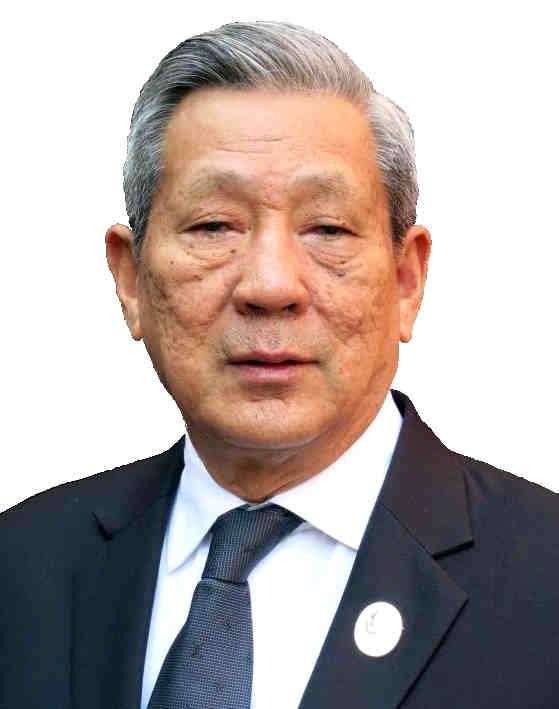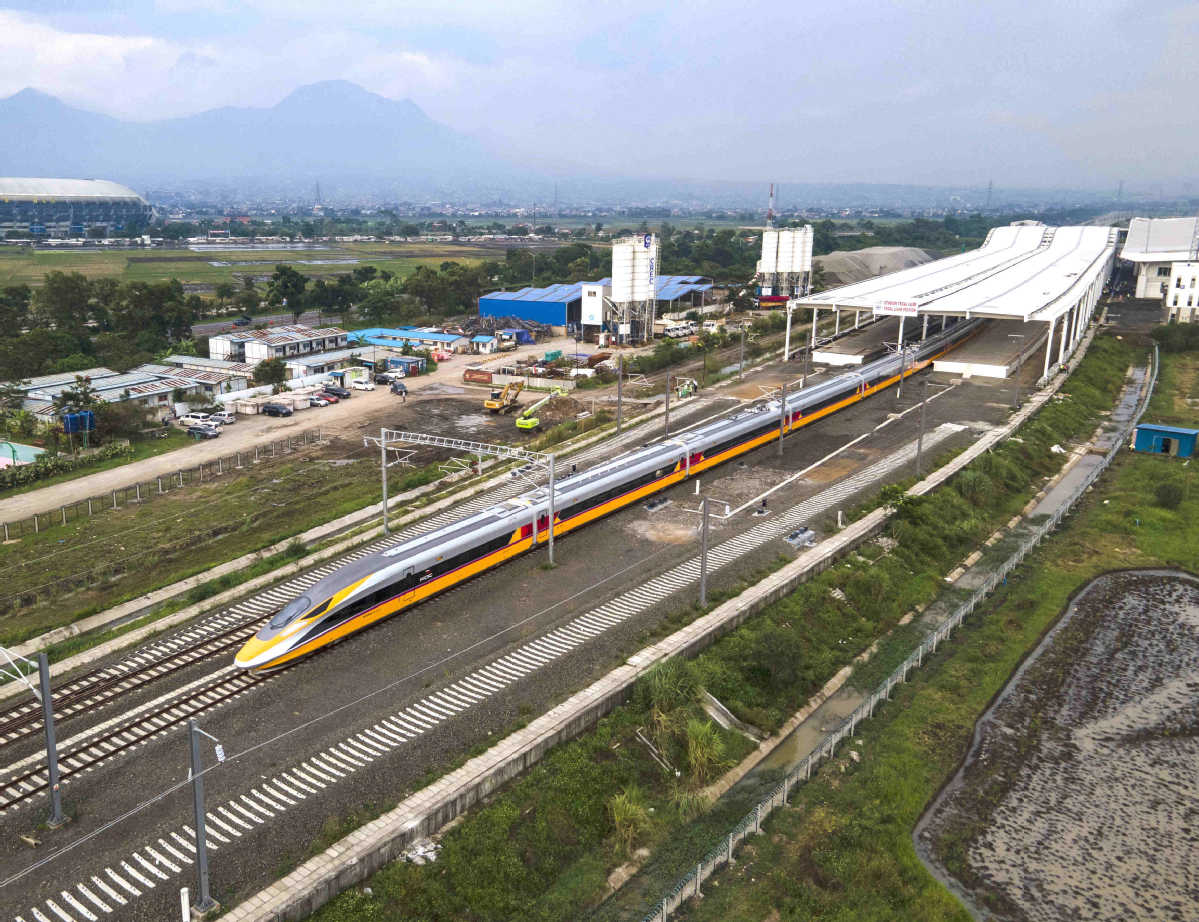Former Thai deputy PM: Work together for future

Former deputy prime minister of Thailand Phinij Jarusombat called for countries to treat each other with sincerity, and promote dialogue and cooperation, to cope with global crises and work together for a peaceful future for all. He spoke highly of China's principle of mutual respect that benefits its relationship with Thailand and the whole of ASEAN.
"In China's cooperation with the whole of ASEAN, Thailand takes an important position," Phinij, who is now president of the Thai-Chinese Cultural and Relationship Council, said in an exclusive interview with China Daily. "The relationship between the two nations dates centuries back to the ancient Kingdom of Lopburi, and both nations' leaders attach great importance to friendly mutual cooperation.
"Thailand sees the fact that China holds a correct diplomatic strategy that's helpful to the international society and the world, and Thailand needs to cooperate with China to promote peace and the development of international society so that peoples of the world help each other and minimize conflicts via dialogues. That's an essential role China-Thailand cooperation has played."
Asked about the APEC Economic Leaders' Meeting on Friday and Saturday in Bangkok with the theme "Open, Connect, Balance", Phinij said that there are challenges in the current international economic landscape, which include "energy crises, trade wars, natural disasters, changes in geopolitical conditions and so on". He called for upholding peace so as to reduce conflicts and increase economic cooperation, and hoped that "bringing an end to trade wars will promote fairness and equality in trade".
In an article published on Oct 31 with the headline "China's development creates opportunities for win-win cooperation" in the Kathmandu Tribune, Phinij also mentioned that the China-Thailand railway is under construction, "which is expected by the Thai people to inject new impetus for regional development upon completion".
"The Chinese railway, running through Thailand and eventually to Singapore will promote the prosperity and development of the region," he told China Daily.
"The high-speed rail can facilitate easier, more convenient and, more importantly, faster communication between the Chinese people and the people of Laos, Thailand, Malaysia, Singapore and other Southeast Asian countries."
He was echoed by Yuwadee Kardkarnklai, vice-president of the Klangpanya Institute for National Strategies, a Thai think tank, who stressed that "fruits, polymers, auto parts and frozen chicken meat" are among the products with the potential to be exported to China, and called for convenient logistics so that the products remain fresh when they arrive at Chinese consumers.
"Many products are essentially dependent on efficient, fast and cost-effective logistics," Yuwadee told China Daily. "Once the construction of the China-Thailand high-speed railway is completed, both sides will be able to transport goods and products between Bangkok and Kunming in just 15 hours."

Invest in China Copyright © 2026 China Daily All rights Reserved
京ICP备13028878号-6
 京公网安备 11010502032503号
京公网安备 11010502032503号





